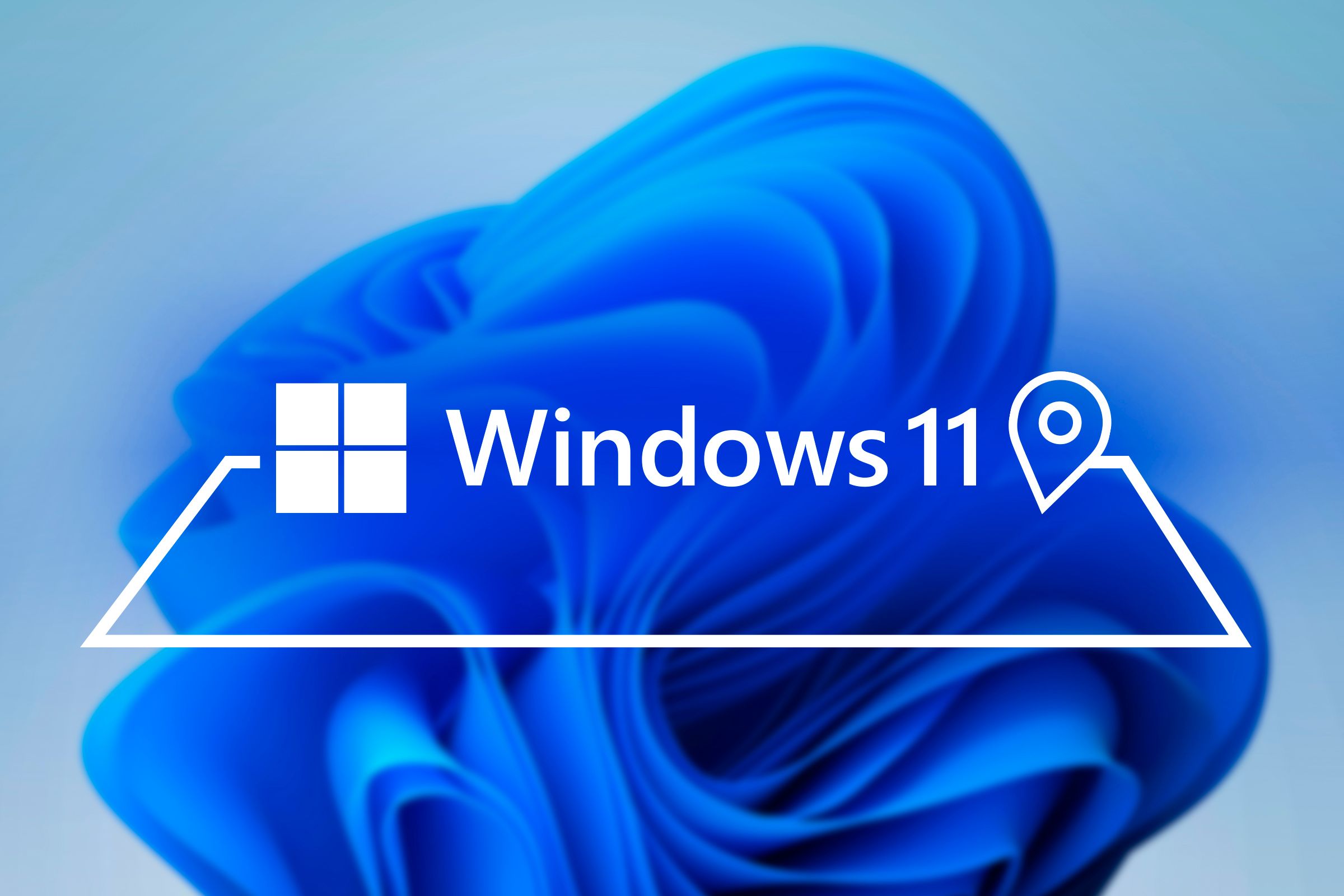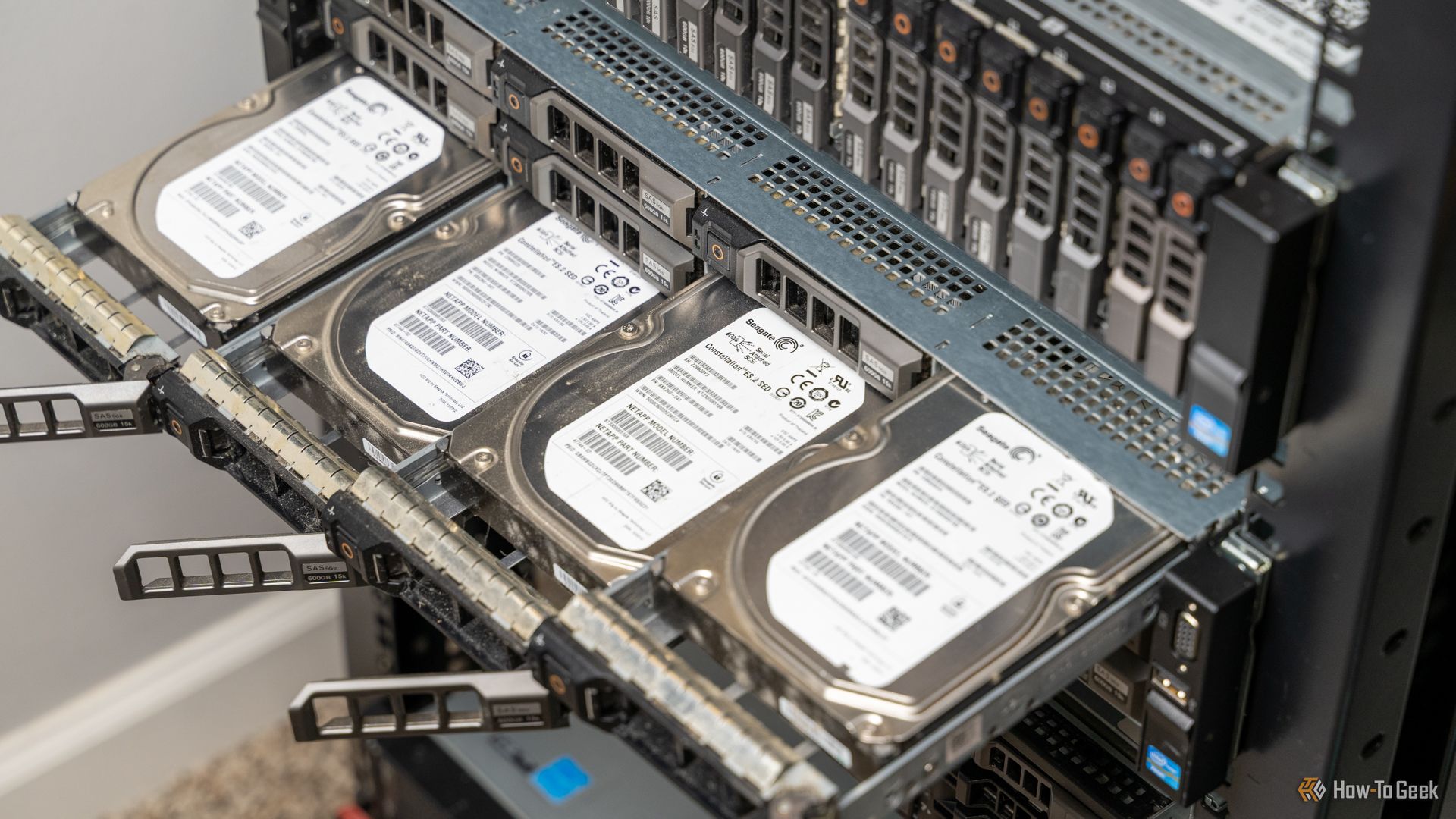And since prevention is no longer a viable option, companies now focus on response and damage control.
And banks and financial services providers tend to have strong security and identity verification requirements.
They barely contained any funds, and each card averaged at under $50.

It’s personal information that could be used to inflict the most damage.
Payment cards are for hackers looking for a relatively safe and quick profit.
Personal information is used by malicious individuals looking for bigger targets.

Consequences for Employees
All employees in any industry or company are consumers of another.
The data breaches and leaks of said companies can affect your employees and your business in multiple ways.
Compromised data and personal information take a lot of work to secure and change.

Shutterstock/KieferPix
Cross-Contamination
The mental effects of a data breach are employee-centric and could affect their work.
Still, there’s always the more direct threat of cross-contamination.
The consequences could be even direr if they store work-related files on personal devices and cloud storage.
A phishing attack motivated by a data breach isn’t likely to be after the person themselves.
Even if gear separation isn’t included, you should still enforce account separation.
Promote open communication between your employees and the company’s IT and security departments.
Encourage employees to contact them regarding any email or message that they deem suspicious.
You should also avoid blaming employees as a default.